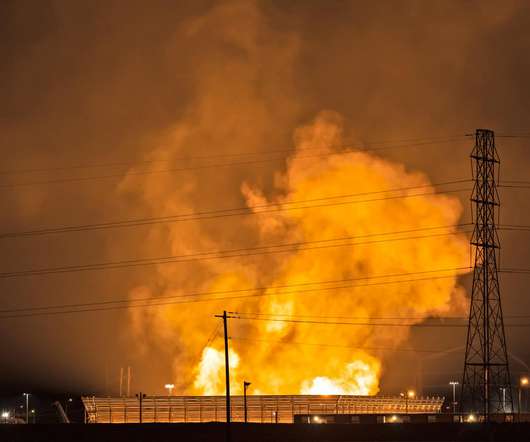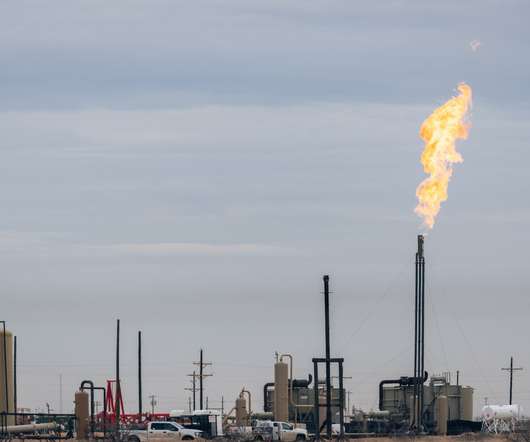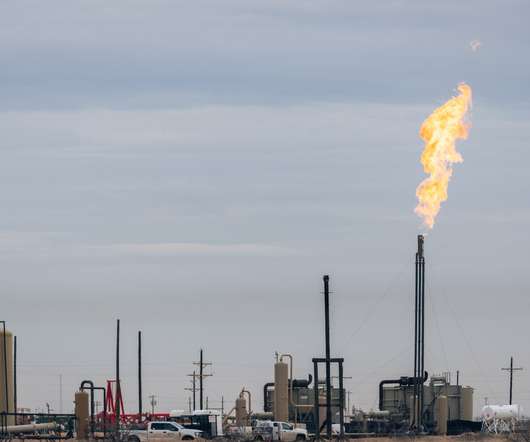The quest for cleaner air
Envirotec Magazine
MAY 26, 2023
India Gate, New Delhi: Residents of the city face pollution levels with a health impact estimated to be equivalent to smoking more than two packs of cigarettes a day (image credit: Amit kg / Shutterstock.com). However, these gases are not the only emissions that should be a cause for concern.















Let's personalize your content